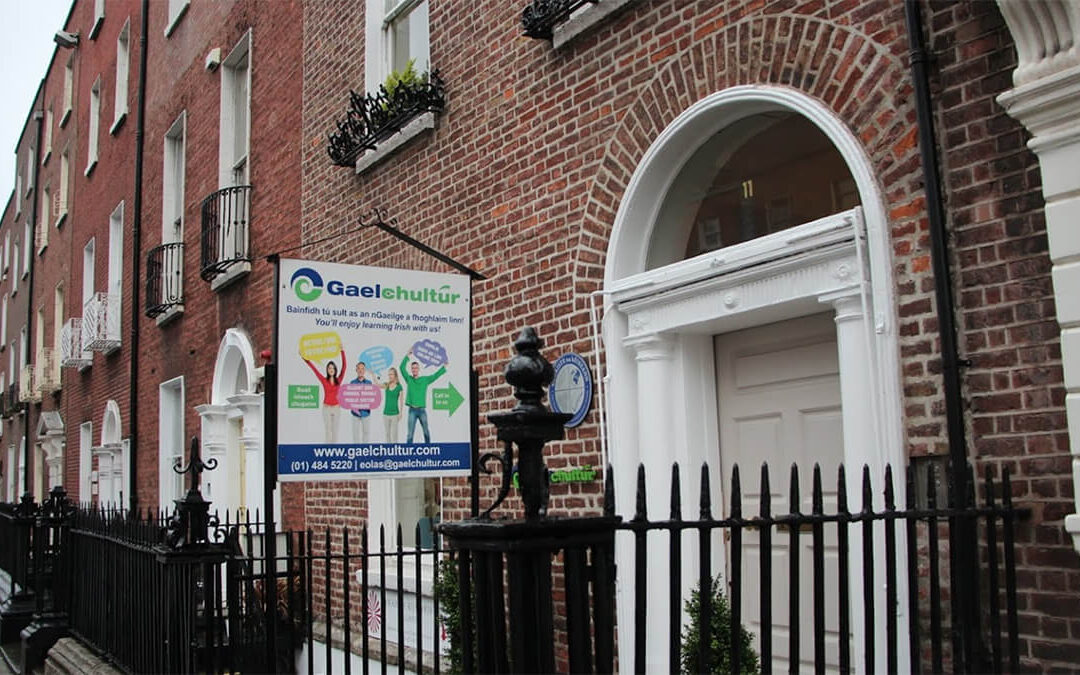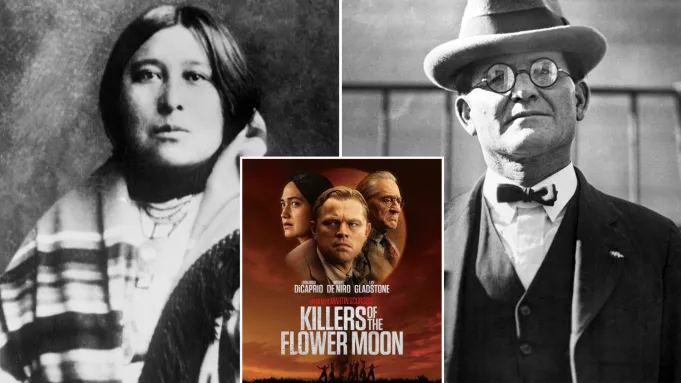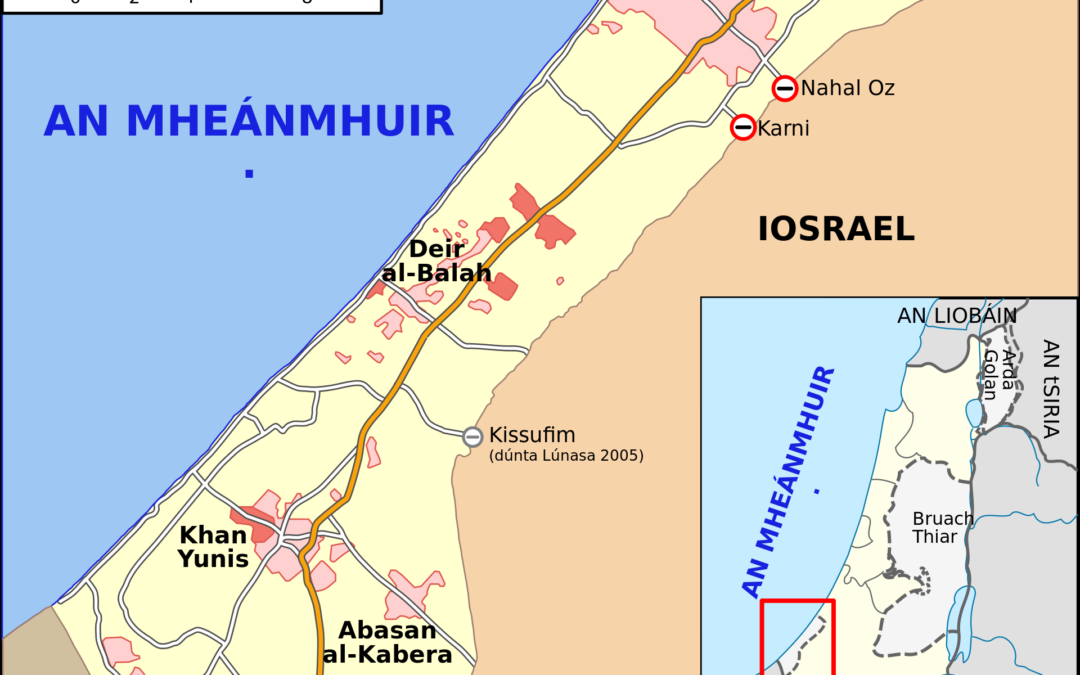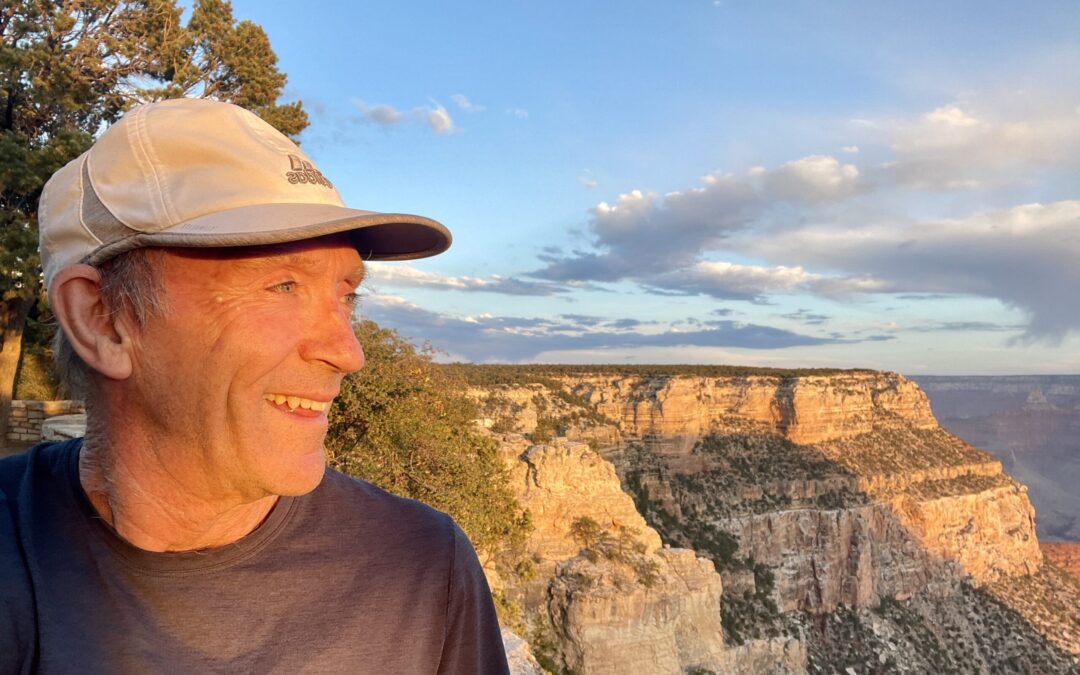
Live Irish classes online!
Live Irish classes online!
Gaelchultúr
I was scarcely back in America after spending a wonderful summer in Ireland before looking for a new opportunity to practice and improve my Irish. I intended to find a new class online, (one) which I hadn't already done. While browsing, I came across an interesting site that looked good. It is Gaelchultúr.com, and after reading a passage about Gaelchultúr, my interest was piqued. Here's a taste of what it was like.
"Coláiste na hÉireann/Gaelchultúr, established in 2004, is the largest provider of Irish language courses in the world and the first third-level institution entirely in Irish. Gaelchultúr is based in Dublin and serves language learners all over the world.
Gaelchultúr offers Irish language courses and learning resources of the highest quality, aimed at adults around the world who are interested in the language. Our goal is to offer excellent services to learners and fluent speakers to encourage them to improve and enrich their Irish. Gaelchultúr runs Irish language courses around the world, with talented teachers."
By God, I said to myself, they promised us the sun, moon and stars. But would they be as good as their word? That's the question! There was only one way to find the truth, and that was to try it. When I first started attending online courses, it wasn't too difficult for me to find a class that suited me, in terms of standards. But over time, as I did class after class, it became more and more difficult to find a suitable class. Although there was a large selection of classes at primary and intermediate level, there was a lack of classes at advanced level. There were two classes at the advanced level at Gaelchultúr, and I thought that was a good sign. So, I signed up for the class at upper level 2 with excitement. There were ten classes – each class two hours long.
The Class
The day of the first class finally arrived and eight of us started attending the class using the Zoom app. We had a teacher called Maitiú Ó'Coimín. He lives in Inveran in County Galway. He is a very capable man – Maitiú is an actor, journalist, writer, presenter, editor, adventurer and teacher and, of course, a great native Irish speaker!
He had an informal style and in that way maintained a relaxed atmosphere in the class, something I think is very important. We were all comfortable together, so we were able to speak easily and freely in Irish. We are all Irish by birth, from all over – six living in Ireland, one man living in Germany, and myself in America. Everyone was fluent in Irish, and all types of dialect to be heard from us. We got to know each other in the first class and I have to say that I really liked everyone in the class, including Maitiú.
The teaching material for all the course was made available to us in advance, and that was very useful in terms of preparation and study. Although the classes had the same structure, each class had a different content. There was also a nice balance, with an emphasis on spoken Irish, as is right in a class like this. Every week, we had a different topic. For example, here are a few weekly topics we had: Art and the Arts, educational matters, politics and Irish history. At the beginning of the class, after we went through the answers to our homework, we used to have vocabulary to learn, focused on the topic of the week.
Maitiú used rooms in Zoom effectively, to break us up into small groups of two or three. We were able to practice our spoken Irish well that way, and everyone had a chance to talk. Matiú came in and out of the rooms, listening and giving us advice and help. We used to have an agenda, and questions about the topic of the week to discuss. After each session in the rooms, we would gather back in the great room and share summaries and comments together. We had at least three sessions in the small rooms every week. At the end of each class, when we all gathered together again, there was a bit of grammar to learn, and then we would get homework for the next class.
Conclusion
I would recommend this class without hesitation to anyone who is reasonably fluent in Irish, and who is keen to develop and expand it. If you get Maitiú as a teacher, that would be an added advantage!








